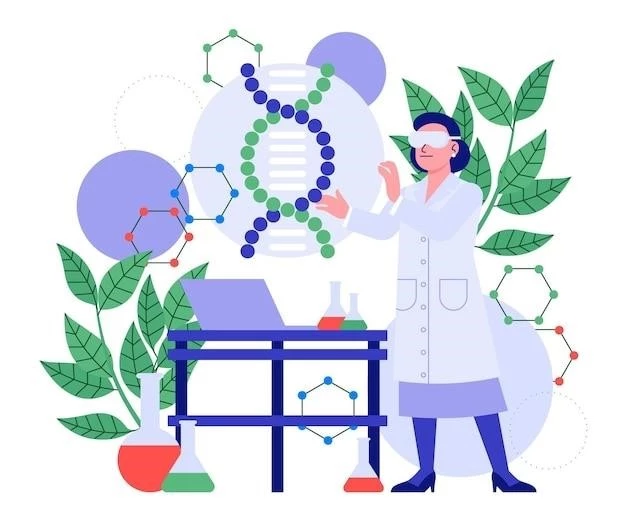Early signs include growth delays, bone abnormalities, rapid breathing, frequent infections, and electrolyte imbalances. Seek medical advice promptly.
Recognizing the Telltale Signs
Recognizing the symptoms of Carbonic Anhydrase II Deficiency is crucial. Look for indications such as developmental delays, bone deformities, breathing issues, recurrent infections, and disturbances in electrolyte levels. If you notice these signs, consult a healthcare provider promptly for a comprehensive evaluation and appropriate management plan.
Carbonic Anhydrase II Deficiency is typically inherited genetically, resulting from mutations in the CA2 gene. It is essential to consult a genetic counselor for further guidance.
Understanding the Underlying Factors
Carbonic Anhydrase II Deficiency arises from mutations in the CA2 gene, affecting the enzyme responsible for maintaining pH balance in the body. Genetic testing is crucial to confirm the diagnosis and assess family implications. It is recommended to work closely with healthcare professionals to comprehend the genetic basis of the condition and explore available treatment options tailored to individual needs.
Effective treatment strategies for Carbonic Anhydrase II Deficiency involve addressing symptoms, maintaining proper hydration, and possibly using medications to help manage the condition. Consult with a healthcare provider for personalized care.
Managing the Condition Effectively
It is vital to focus on symptom management, hydration, and potential medication use when dealing with Carbonic Anhydrase II Deficiency. Working closely with healthcare professionals will help establish a tailored treatment plan to enhance quality of life. Stay informed about the latest advancements in managing the condition to optimize care and well-being.
Accurate diagnosis of Carbonic Anhydrase II Deficiency involves genetic testing, enzyme analysis, and clinical evaluation. Consult medical experts for precise identification and appropriate management.
Identifying the Condition Accurately
For an accurate diagnosis of Carbonic Anhydrase II Deficiency, a comprehensive approach including genetic testing, enzyme analysis, and clinical assessment is essential. Seeking guidance from specialists in genetic disorders and metabolic conditions will ensure a precise identification of the condition. It’s imperative to undergo the necessary diagnostic procedures to facilitate early intervention and personalized treatment planning. Stay informed about the latest advancements in diagnostic tools to aid in the accurate identification of this rare genetic disorder.
Prognosis varies based on severity. Early diagnosis n intervention can improve quality of life. Regular monitoring n management are key. Consult healthcare professionals.
Understanding the Long-Term Outlook
For individuals with Carbonic Anhydrase II Deficiency, the long-term outlook depends on various factors, including the severity of symptoms and timely management. Early detection and appropriate interventions can significantly impact the quality of life. Regular monitoring by healthcare providers, adherence to treatment plans, and staying informed about advancements in care are essential for a positive long-term prognosis. Collaborate with medical professionals to create a comprehensive care strategy tailored to individual needs for optimal outcomes.

Comprehensive management involves symptom control, regular medical monitoring, genetic counseling, and personalized treatment. Collaboration with specialists is key for optimal care.
Implementing an Effective Care Plan
Creating an individualized care plan for Carbonic Anhydrase II Deficiency is essential for comprehensive management. This may include symptom management, nutritional support, physical therapy, and regular check-ups. Genetic counseling can provide valuable insights into the condition’s hereditary aspects. Stay engaged with healthcare providers, stay informed about new treatments or research, and seek support from organizations specializing in rare genetic disorders to ensure an effective care strategy tailored to your needs.
Continued research on Carbonic Anhydrase II Deficiency aims to enhance diagnostic methods, develop targeted therapies, and improve quality of life. Stay informed about new findings and participate in clinical trials if suitable.
Advancements in Understanding the Condition
Ongoing research is crucial to expanding knowledge of Carbonic Anhydrase II Deficiency. Scientists are studying new treatment approaches and potential gene therapies. Stay connected with medical professionals, engage in patient advocacy groups, and consider participation in research studies to contribute to advances in the field. Keeping abreast of the latest research findings will facilitate informed discussions with healthcare providers to ensure the most effective management strategies are implemented for optimal outcomes.
Access support groups, genetic counseling, and educational materials. Connecting with others facing similar challenges can provide valuable guidance and emotional assistance.
Resources for Patients and Families
Families and individuals affected by Carbonic Anhydrase II Deficiency can benefit from various support resources. Joining online or local support groups, seeking genetic counseling services, and accessing educational materials are essential steps towards obtaining reliable information and emotional support. Engaging with advocacy organizations specializing in rare genetic disorders can also empower families to navigate challenges effectively. By leveraging these resources, patients and caregivers can enhance their understanding of the condition and receive guidance on managing it proactively.
